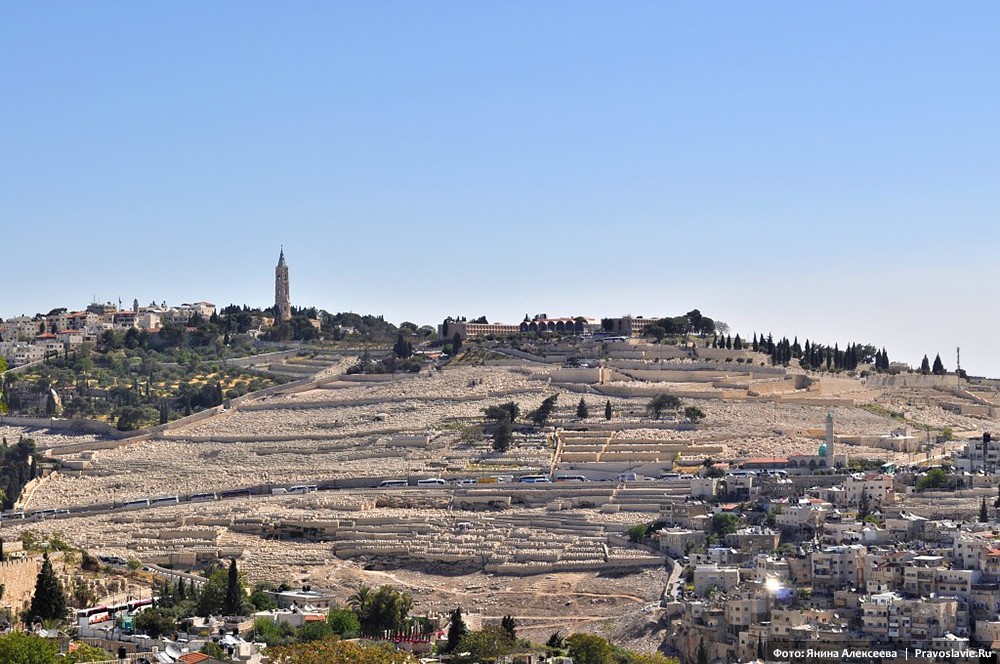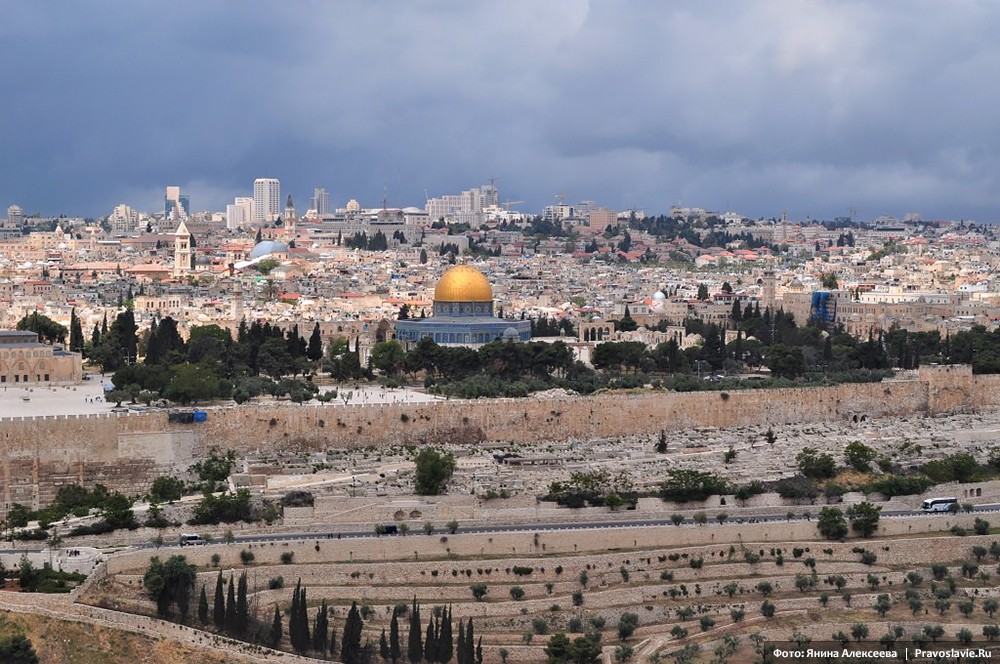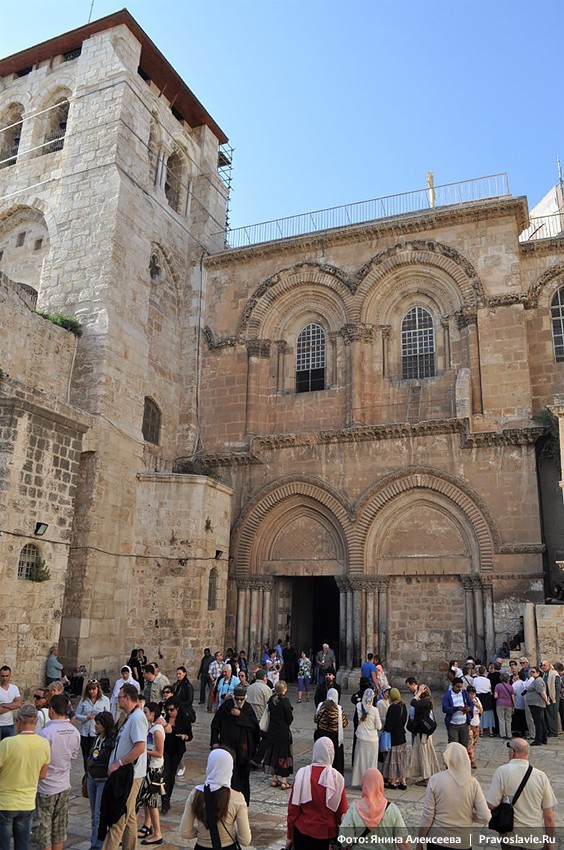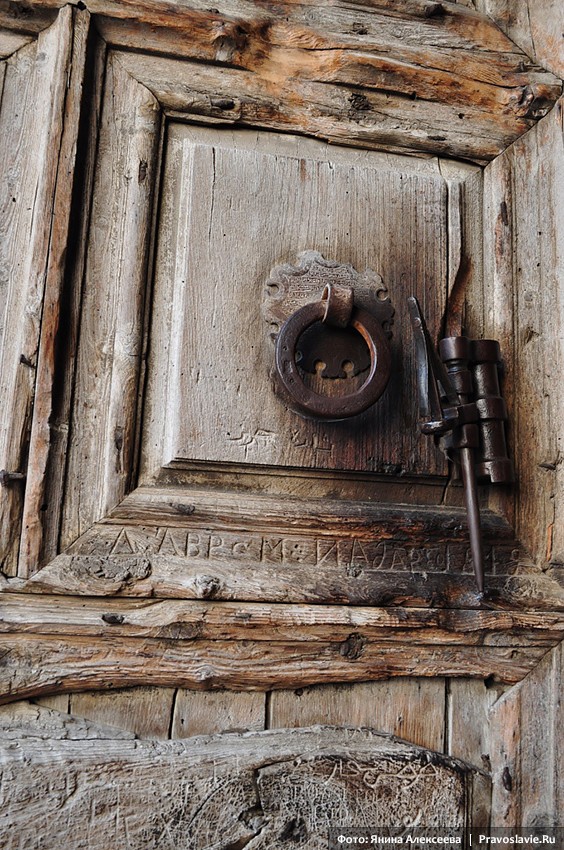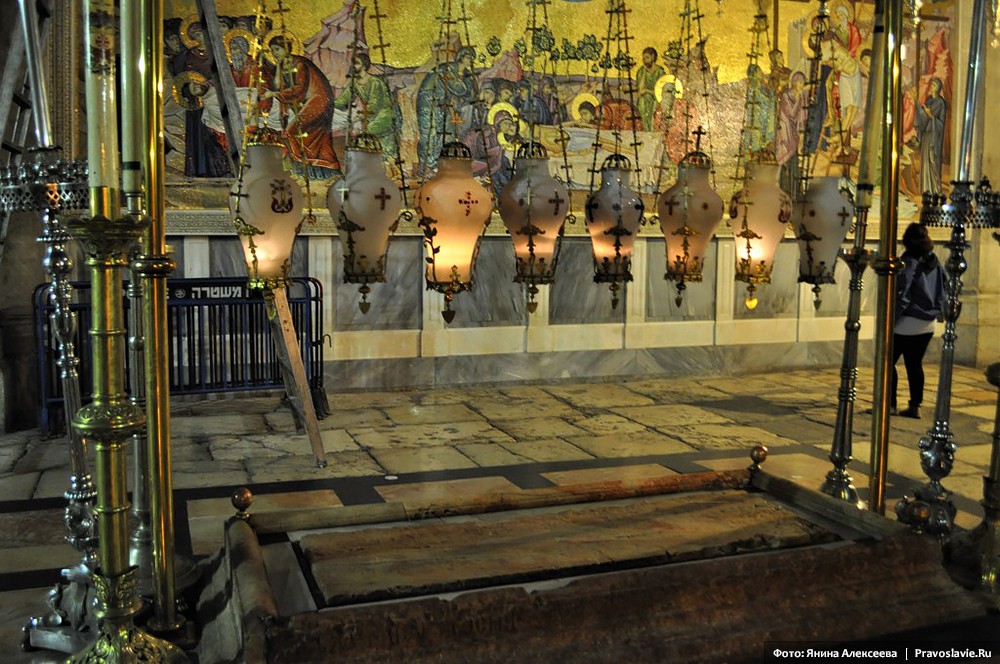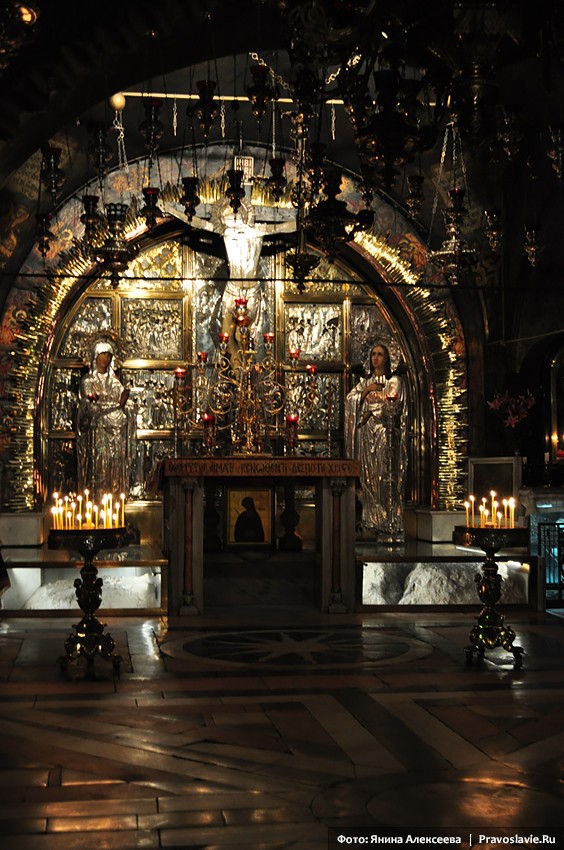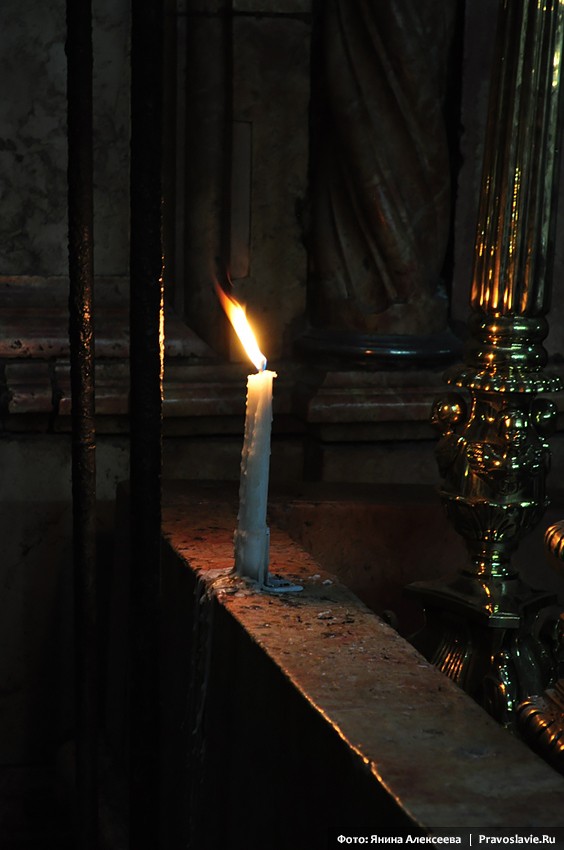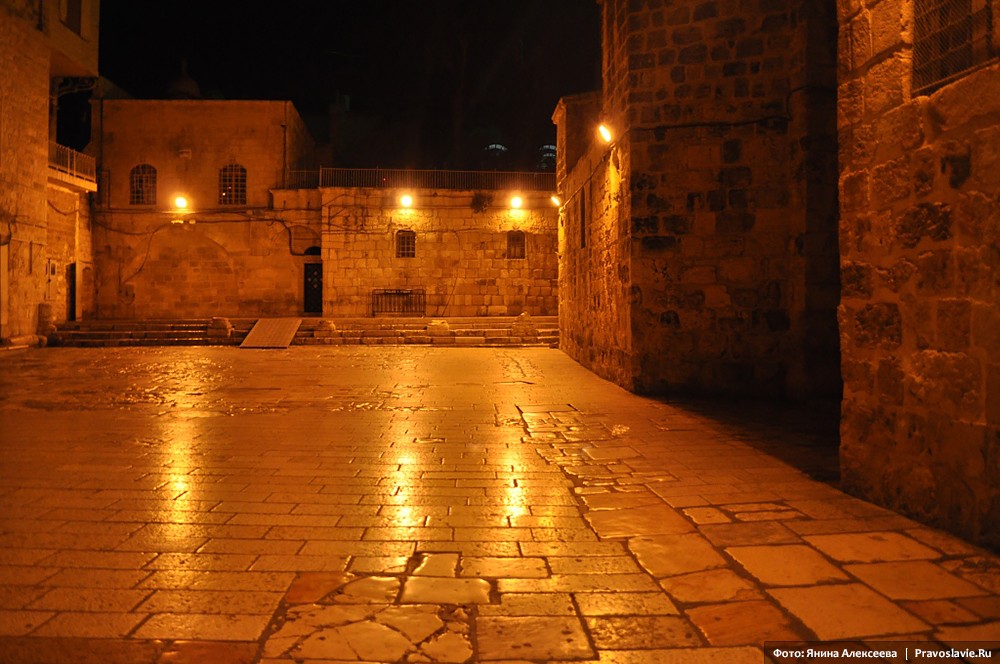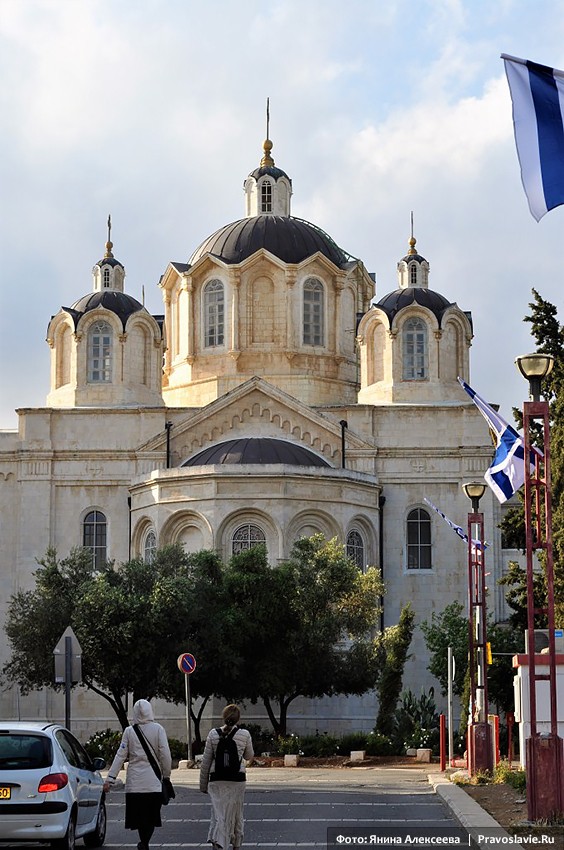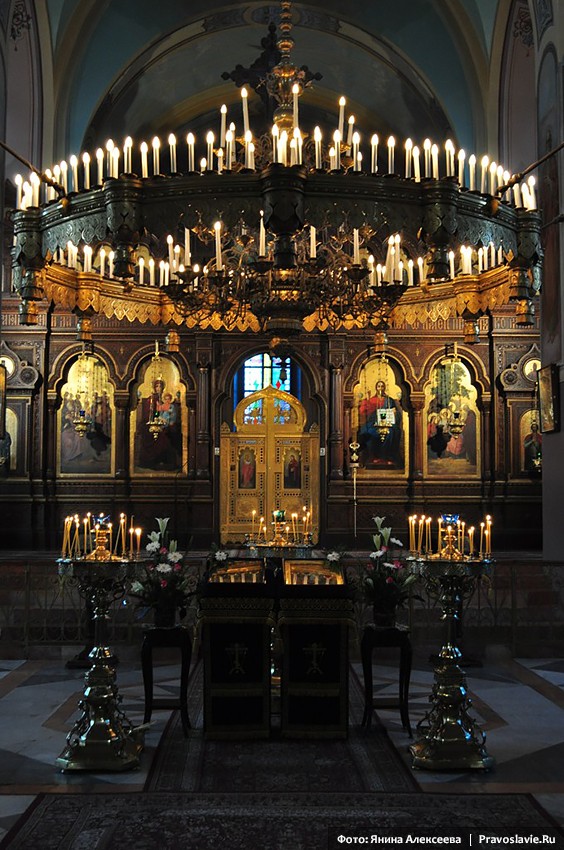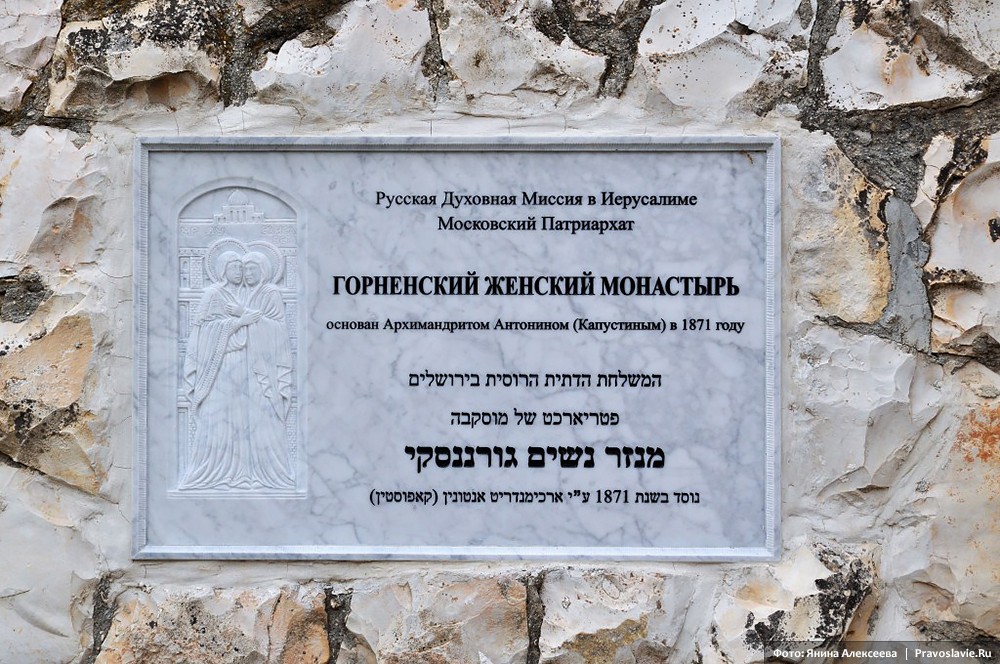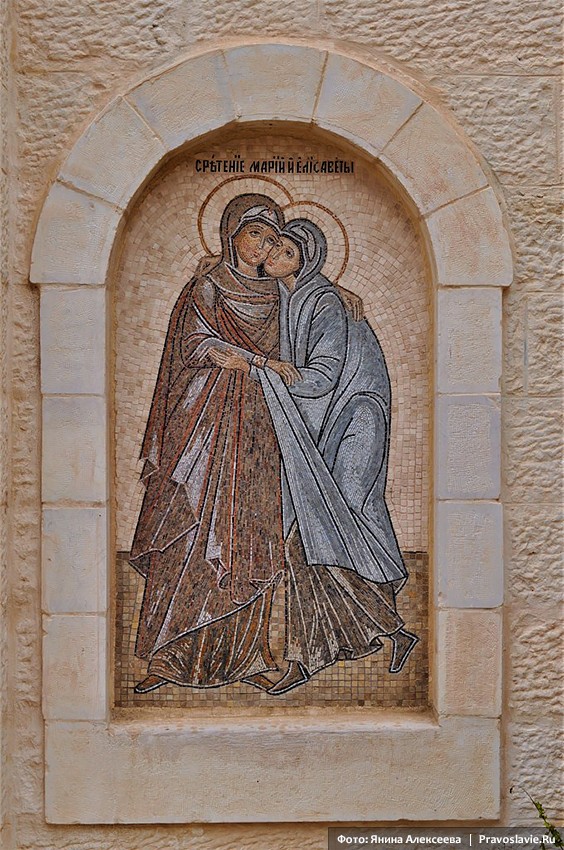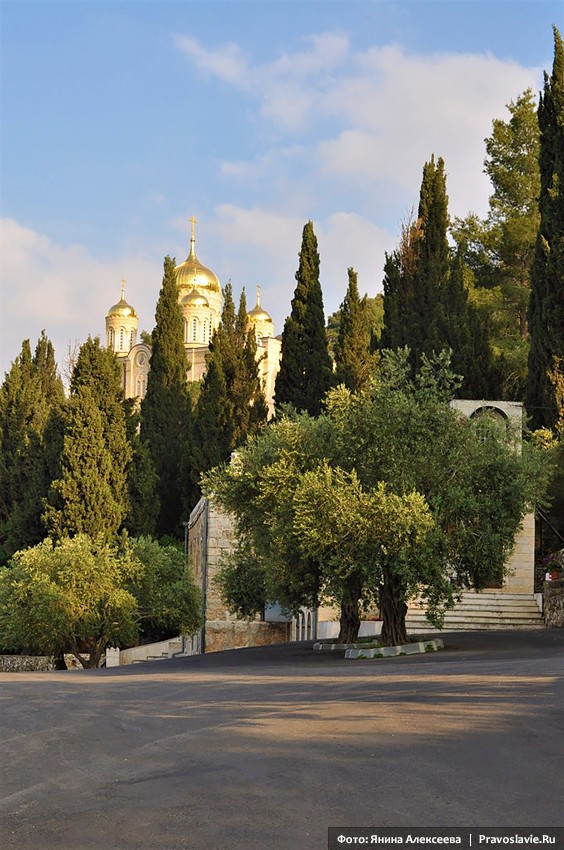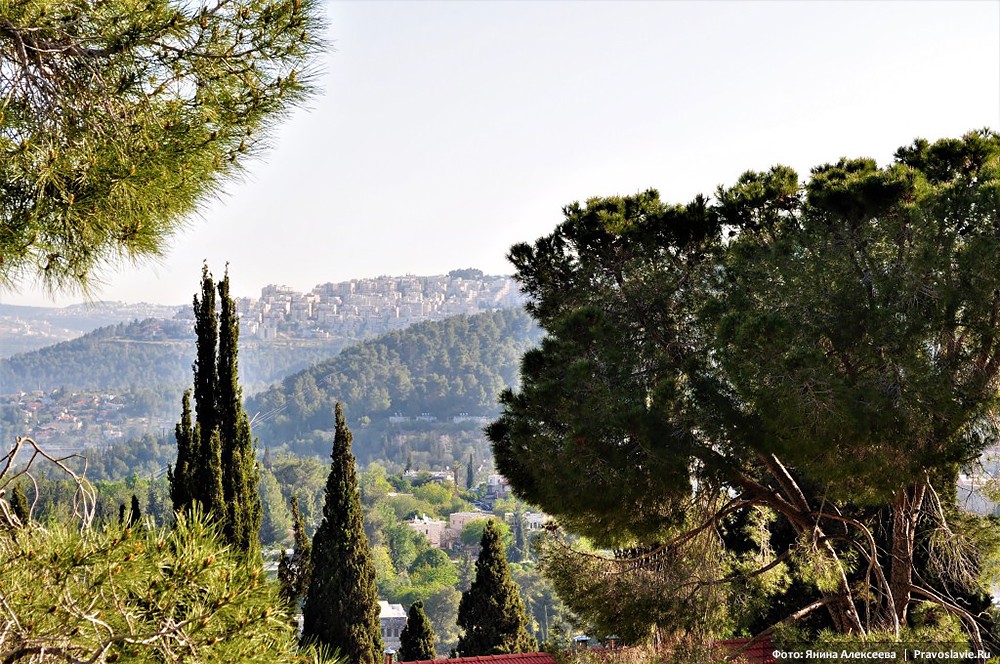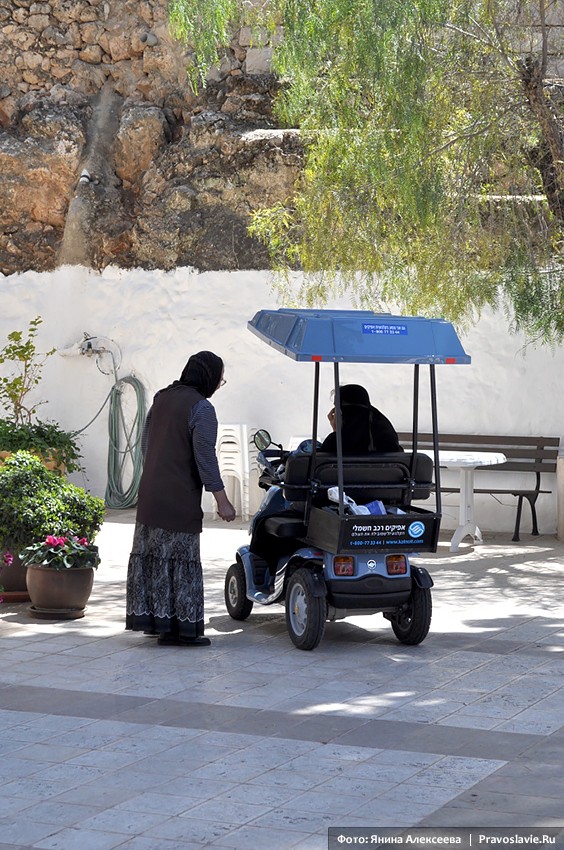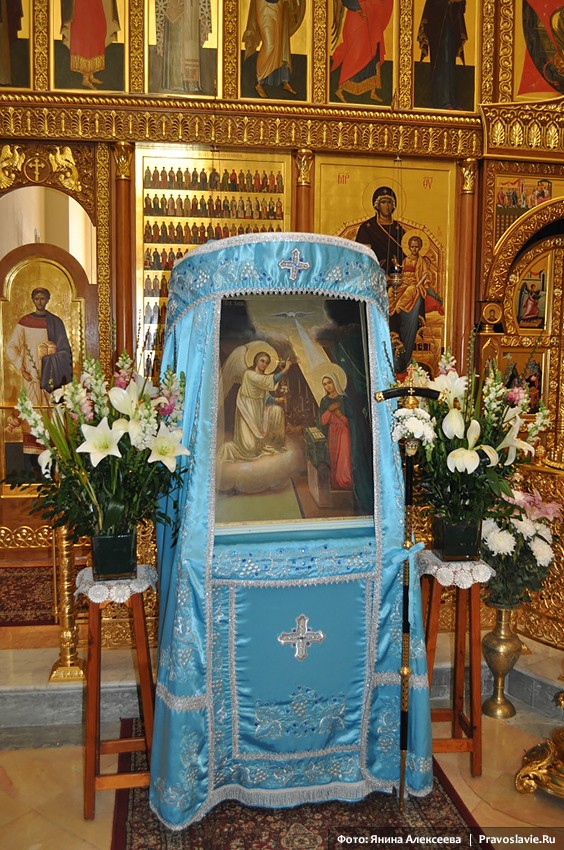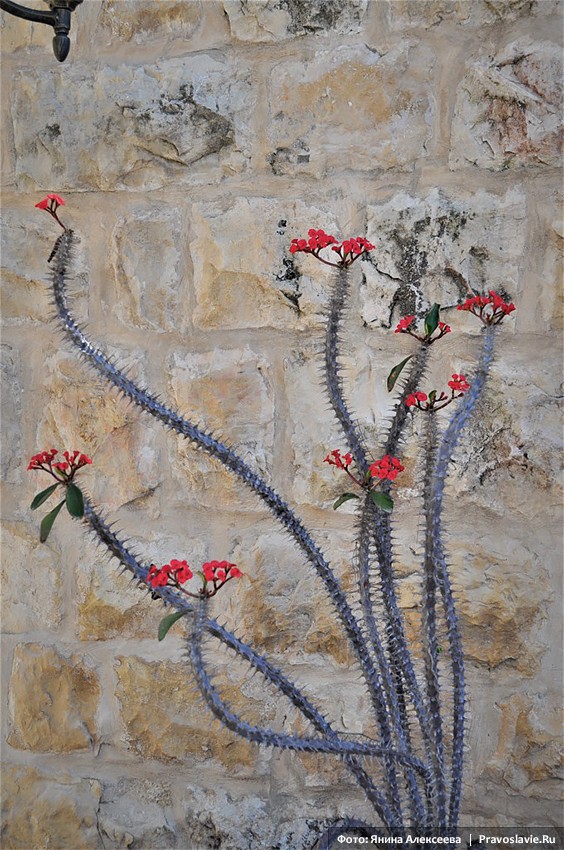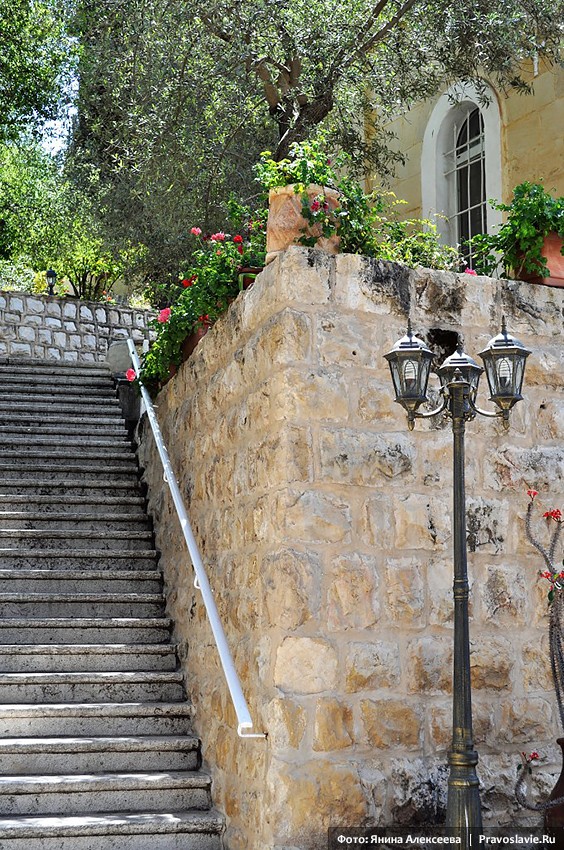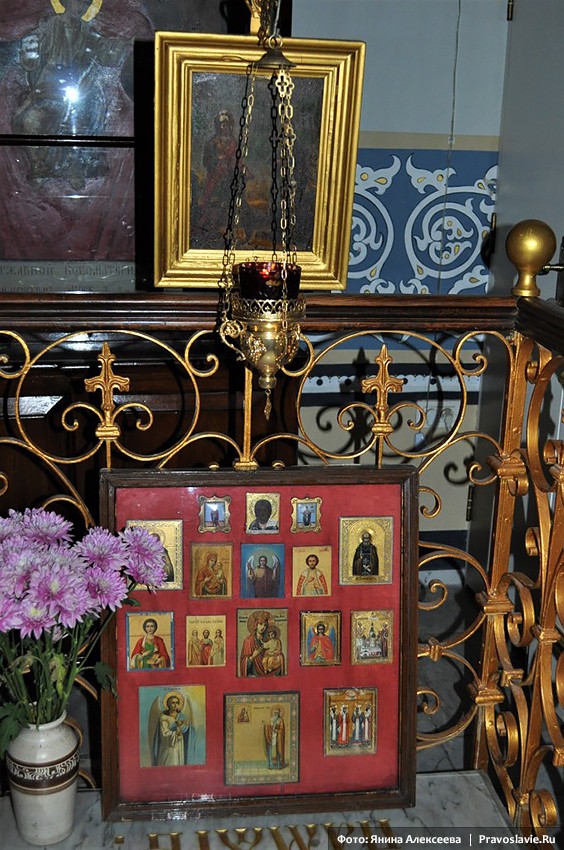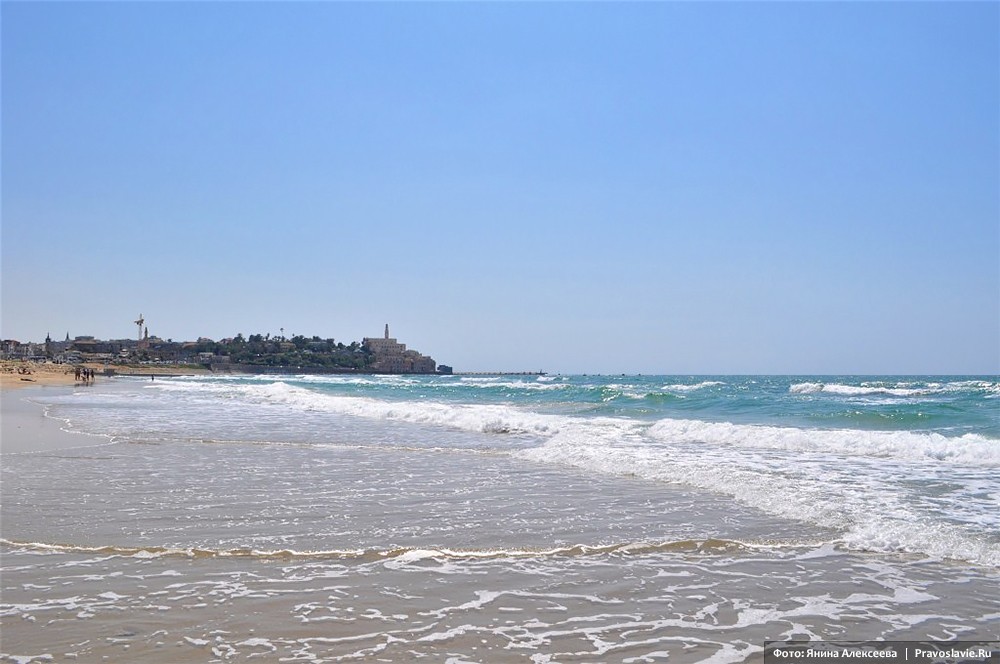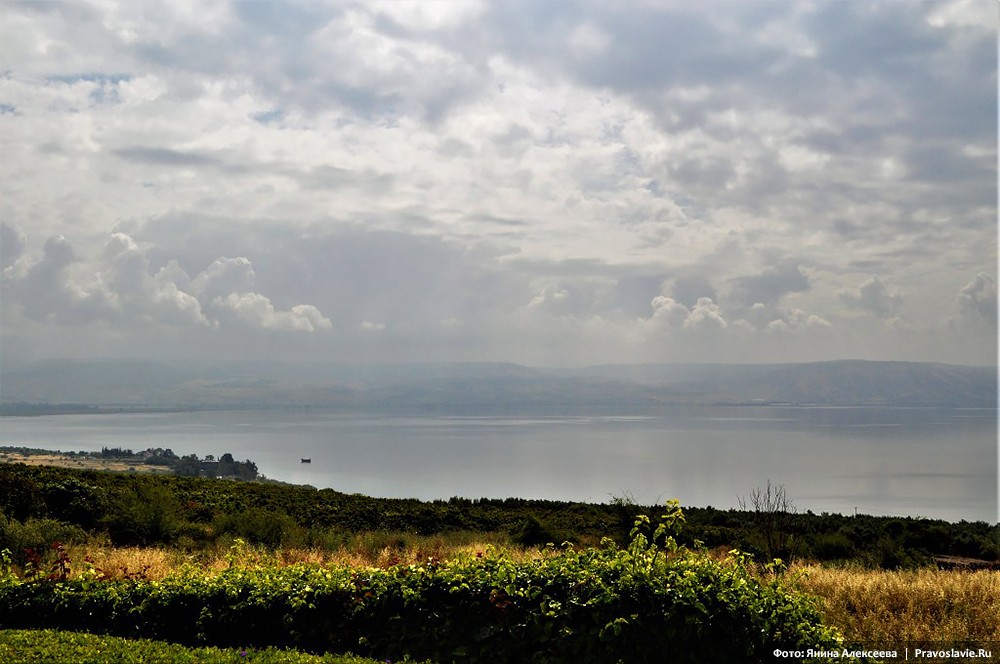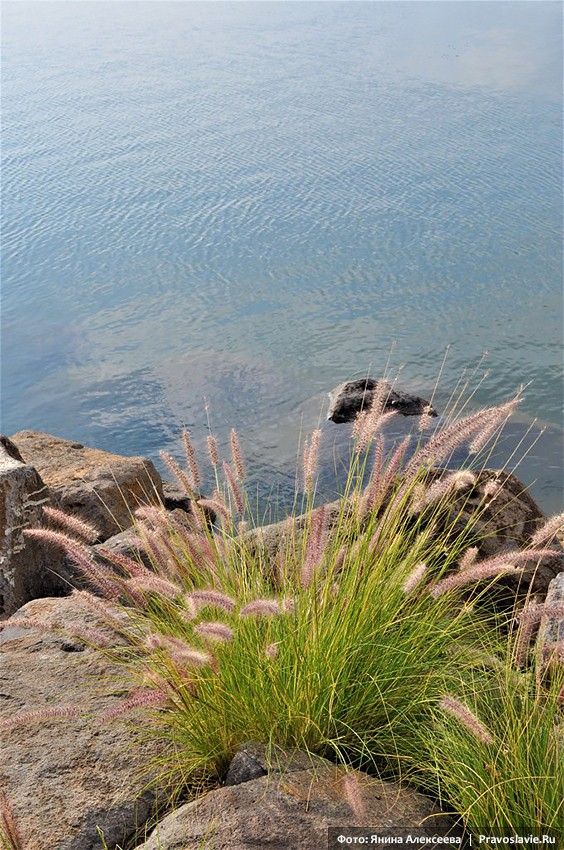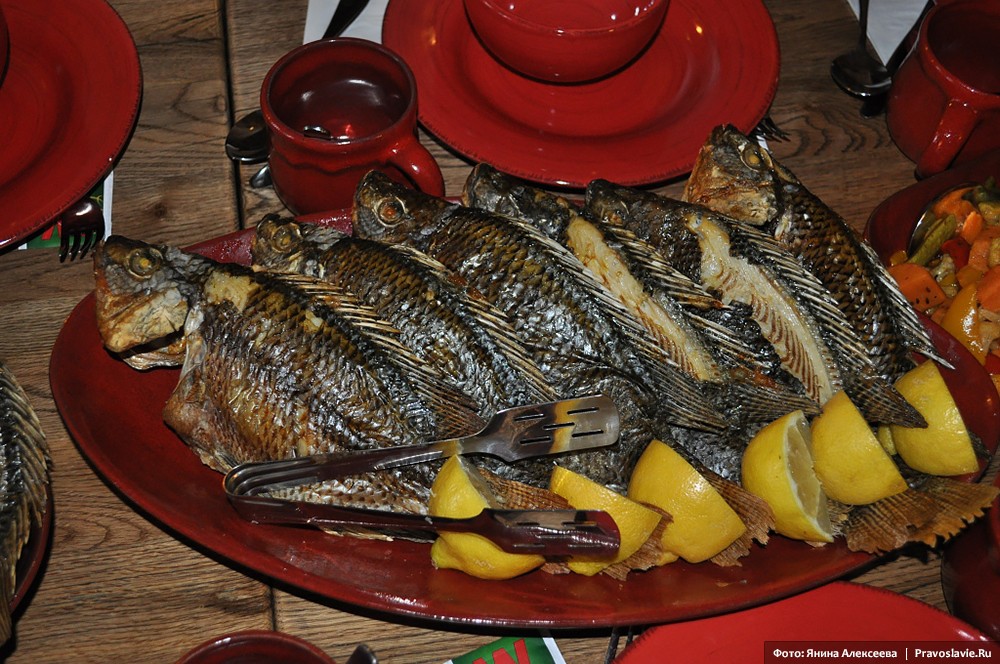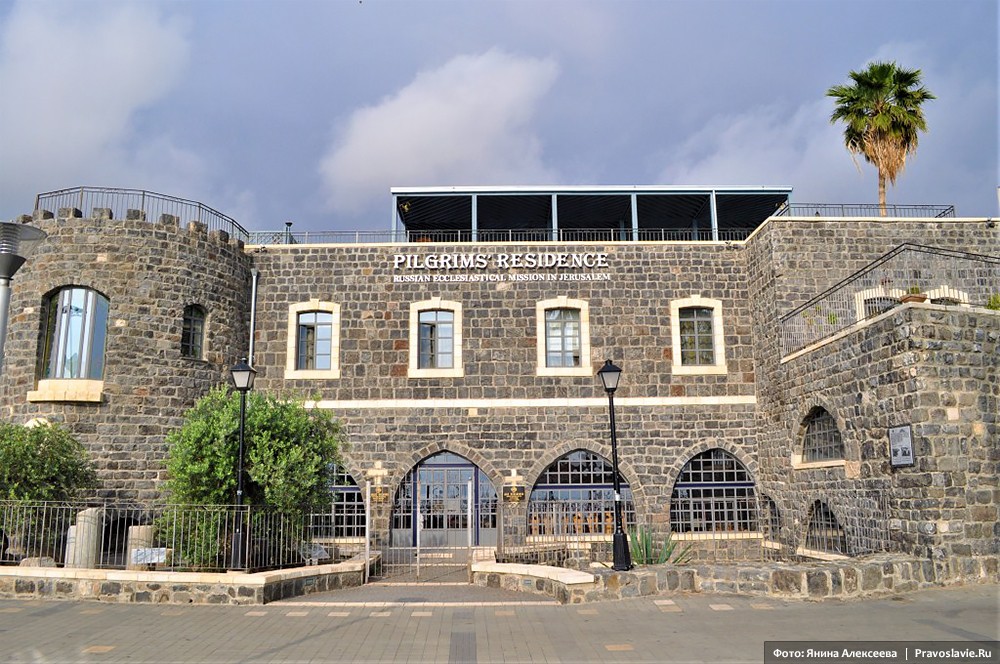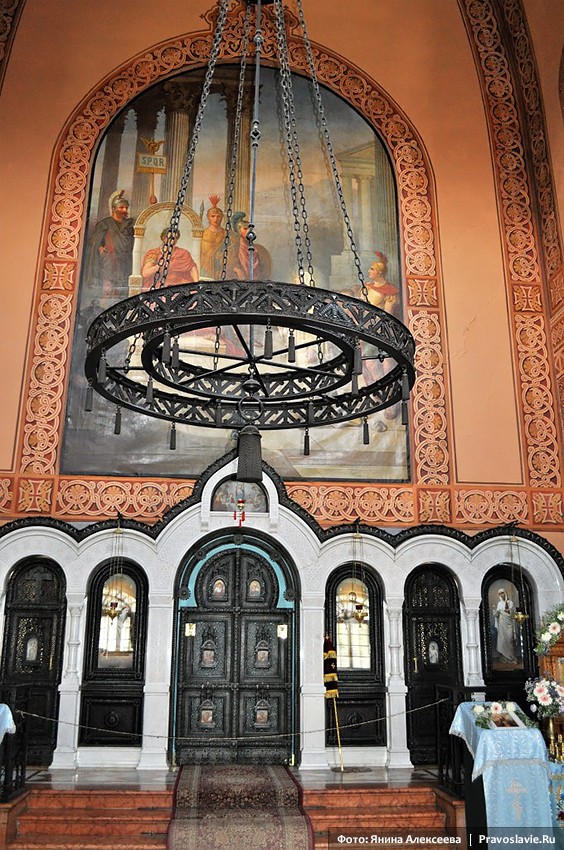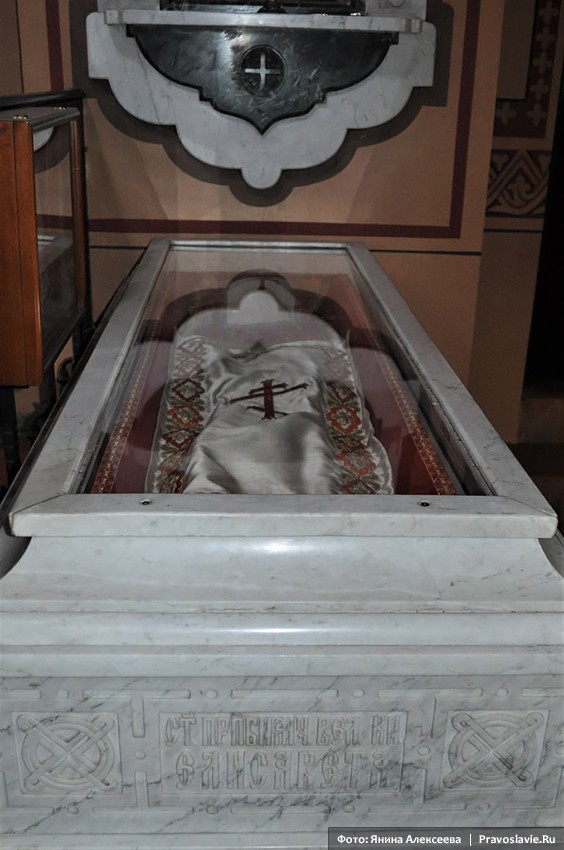“If I should forget thee, O Jerusalem…” (Ps. 136:5)
Russian Palestine is a marvelous spiritual and historical phenomenon, headed by the Russian Spiritual Mission in Jerusalem founded in 1847. Through the care, energy, and labors of representatives of the Russian Orthodox Church and the Russian government in the latter half of the nineteenth century to the early twentieth century, a whole cluster of holy sites connected with significant events in sacred history where acquired for Russian pilgrims, many churches, pilgrimage guesthouses, and metochia were built, and several monasteries were founded.
Russian Palestine represents vast enlightenment, scholarly research, and charitable activity. Its golden age could be considered those thirty years (1865–1894) when the head of the Russian spiritual mission was Archimandrite Antonin (Kapustin). Despite its perennial lack of money, many hardships and obstacles, he was able to acquire a large amount of land, the value of which cannot be measured in the material terms: a parcel in Hebron with the Oak of Mamre, under which the patriarch Abraham received the three mysterious Visitors; a parcel on the Mount of Olives, not far from the site of the Lord’s ascension; land in the settlement of Ein-Karem—the place where the Most Holy Theotokos and righteous Elizabeth met; parcels in biblical Jericho and in Jaffa (Joppa) with the tomb of righteous Tabitha, who was resurrected by the holy apostle Peter, and others. Thanks to the scholarly work of Archimandrite Antonin in ecclesiastical archeology, near the church of the Lord’s Sepulcher was discovered the threshold to the Judgment gates, through which our Savior’s way of the cross passed, and an ancient necropolis in Jaffa.
The Russian presence in the Holy Land became possible also thanks to the charity of Orthodox Russian people—from 1886 on, every year on the feast of the Entry of the Lord into Jerusalem, Palm Sunday, donations for the Russian Spiritual Mission in Jerusalem were collected in every diocese and church in Russia.
Russian Palestine was created and supported by the whole world, however it suffered great losses, and became forgotten and desolate after the Bolshevik revolution. That in our days the monasteries, metochia, and pilgrimage guesthouses of the Russian Mission in the Holy Land are again able to receive the thousands of pilgrims who come every year is the result of peoples’ enormous labor, faith, hope, and sacrificial love.
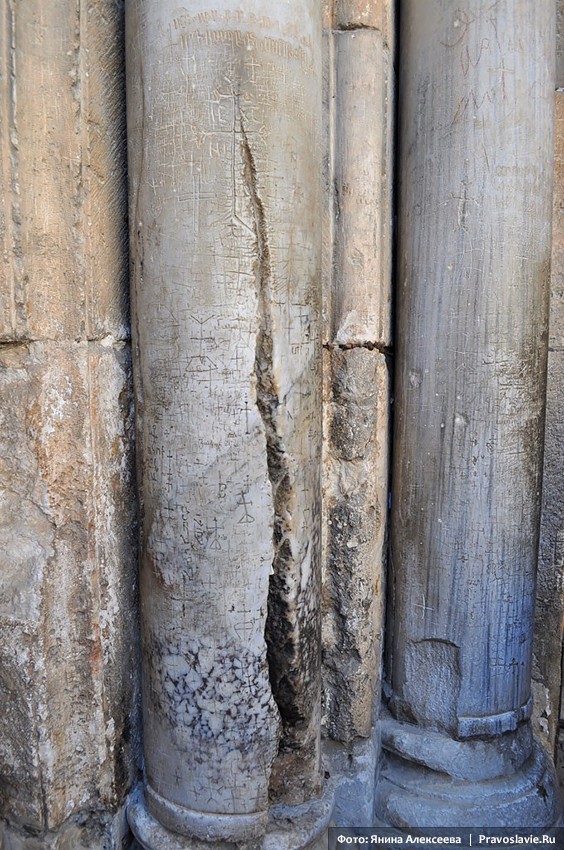
The Church of the Lord’s Sepulcher—the column where the Holy Fire burned through on Holy Saturday when the Orthodox were shut out of the church.
Photo: Yanina Alexeyeva/Pravoslavie.ru
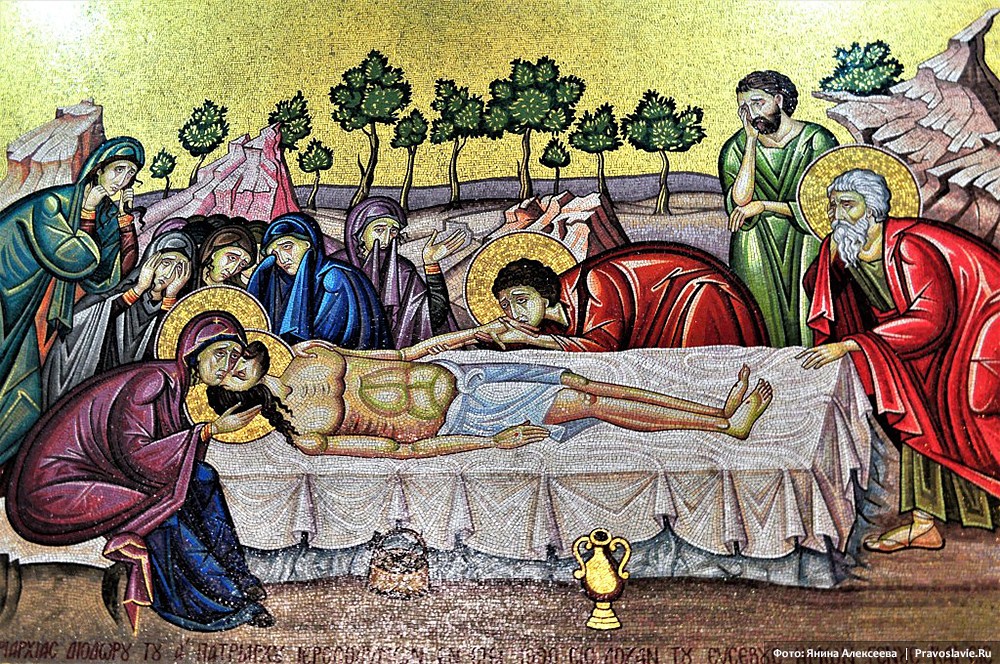
The Church of the Lord’s Sepulcher. Mosaic, “Annointing of the Savior”.
Photo: Yanina Alexeyeva/Pravoslavie.ru
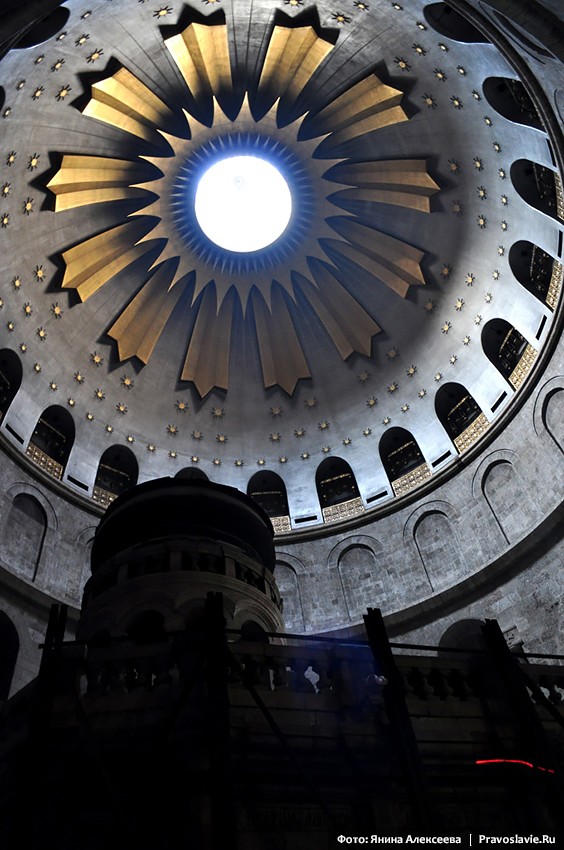
The Church of the Lord’s Sepulcher. Dome of the church over the Tomb.
Photo: Yanina Alexeyeva/Pravoslavie.ru
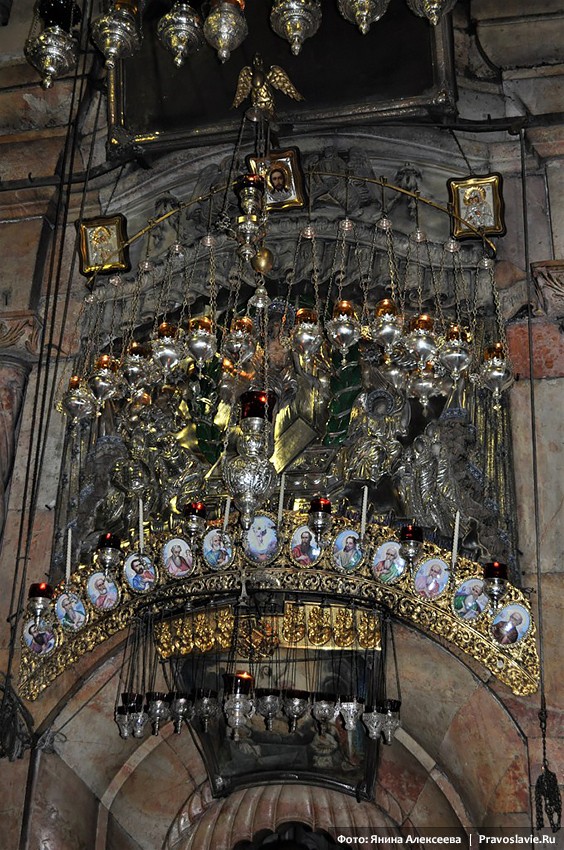
The Church of the Lord’s Sepulcher. Icons and lampadas over the entrance to the Tomb.
Photo: Yanina Alexeyeva/Pravoslavie.ru
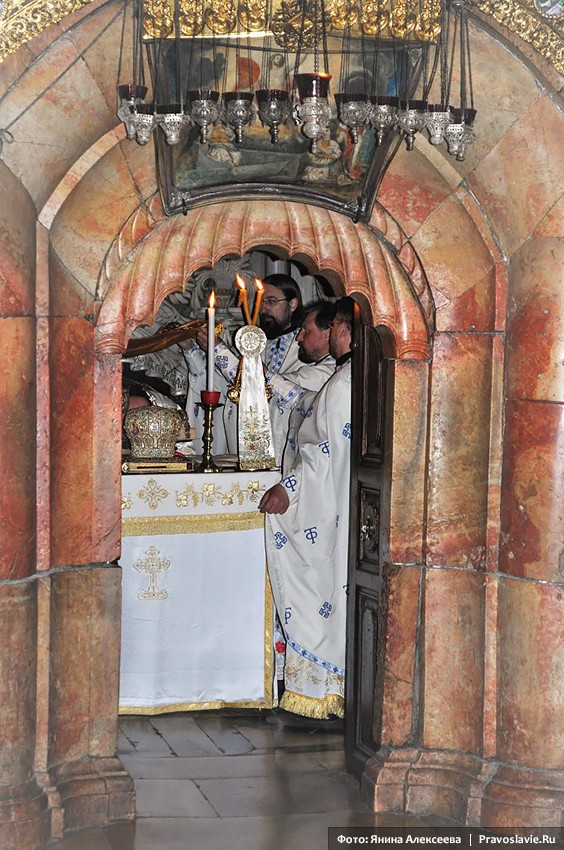
The Church of the Lord’s Sepulcher. Orthodox Divine Liturgy in the Tomb.
Photo: Yanina Alexeyeva/Pravoslavie.ru
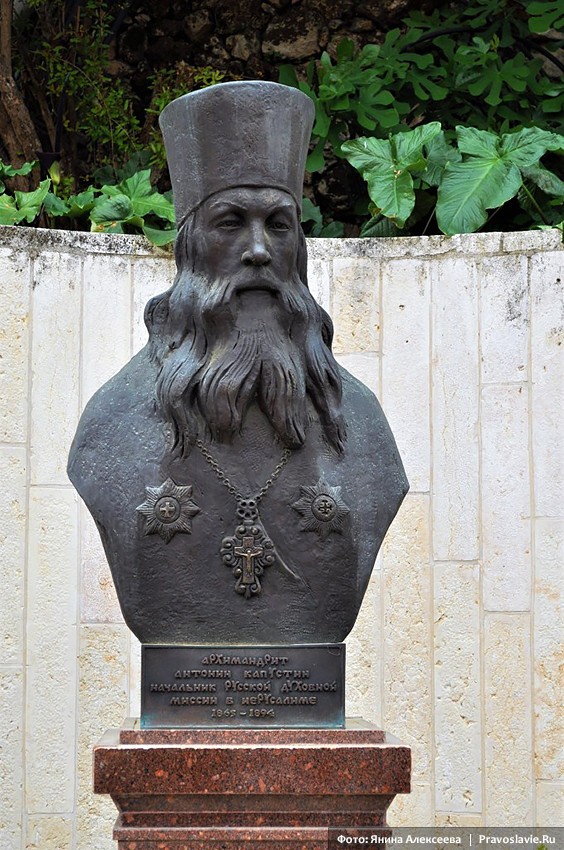
Gornensky Convent in Ein-Karem. The Founder, Archimandrite Antonin (Kapustin).
Photo: Yanina Alexeyeva/Pravoslavie.ru
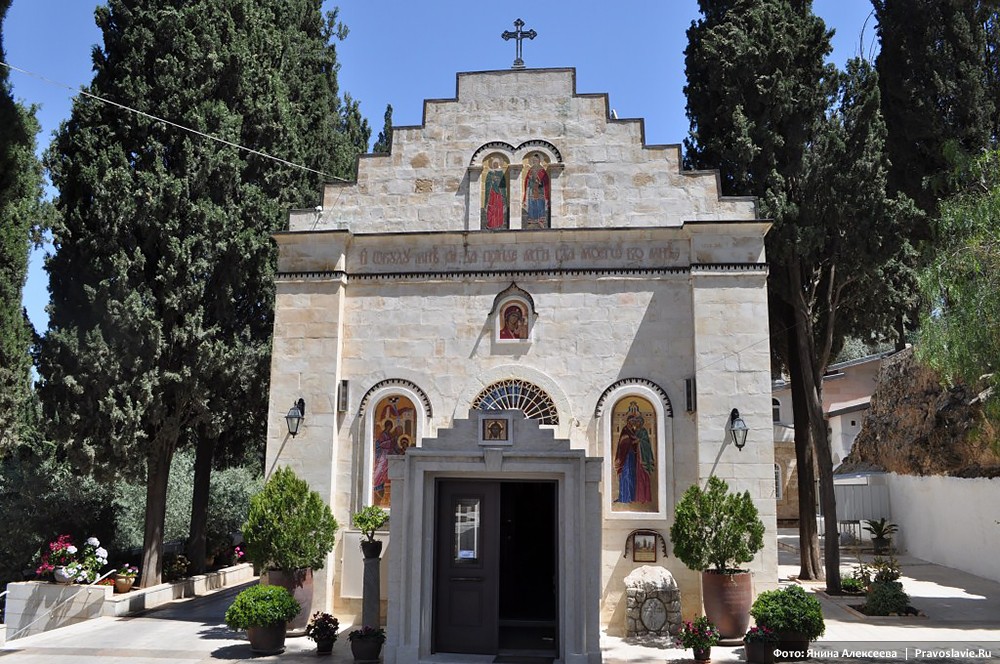
Gornensky Convent in Ein-Karem. Church of the Kazan icon of the Mother of God.
Photo: Yanina Alexeyeva/Pravoslavie.ru
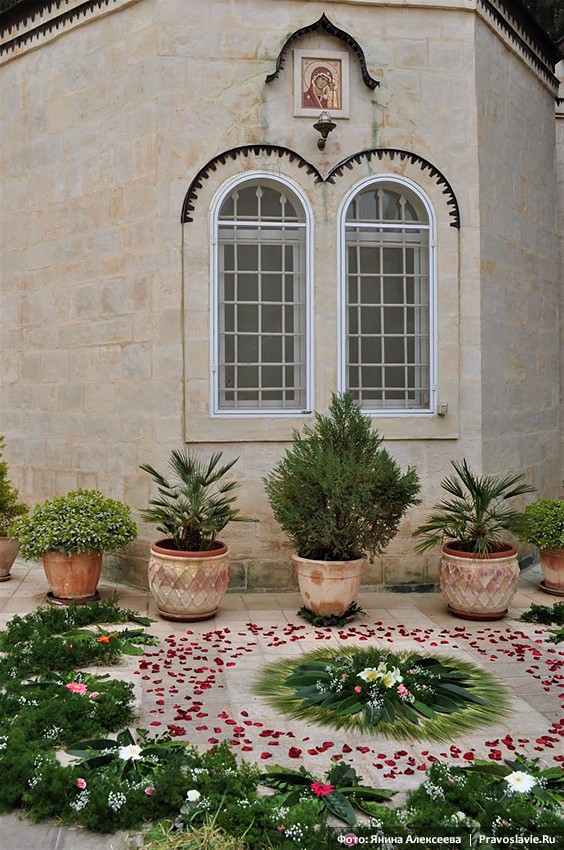
Gornensky Convent in Ein-Karem. Church of the Kazan icon of the Mother of God.
Photo: Yanina Alexeyeva/Pravoslavie.ru
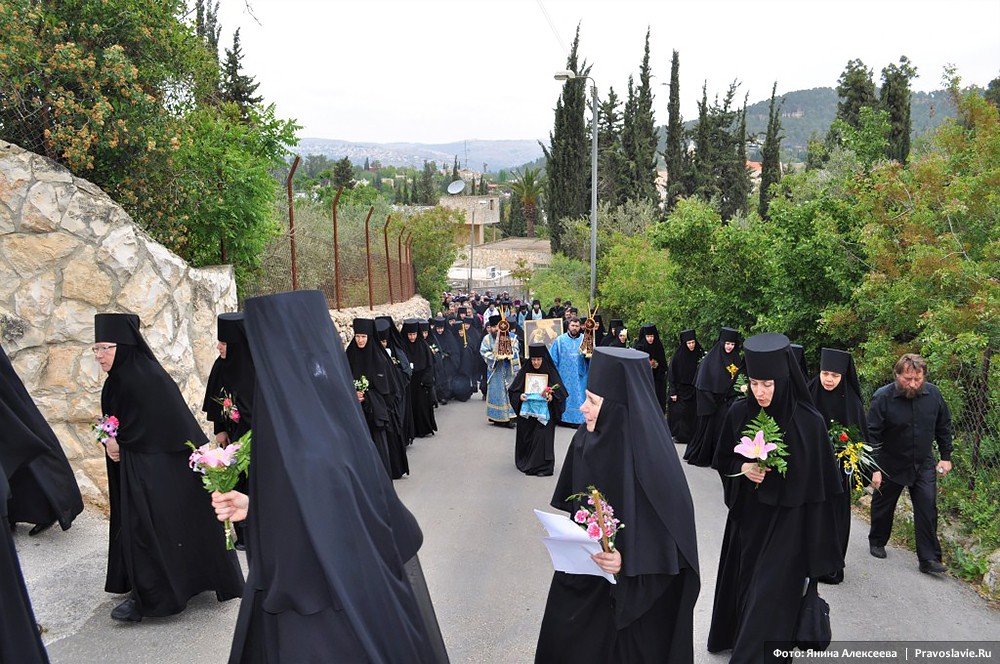
Gornensky Convent in Ein-Karem. The feast of the “Kiss of Mary, or the Coming of the Mother of God to the hill country of a city of Juda.”
Photo: Yanina Alexeyeva/Pravoslavie.ru
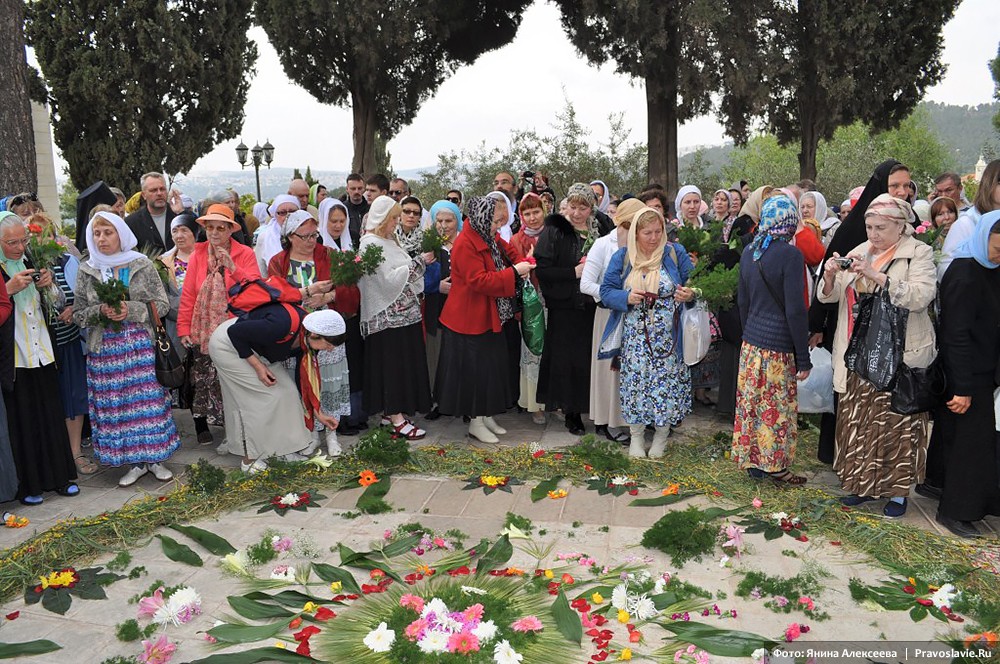
Gornensky Convent in Ein-Karem. The feast of the “Kiss of Mary, or the Coming of the Mother of God to the hill country of a city of Juda.”
Photo: Yanina Alexeyeva/Pravoslavie.ru
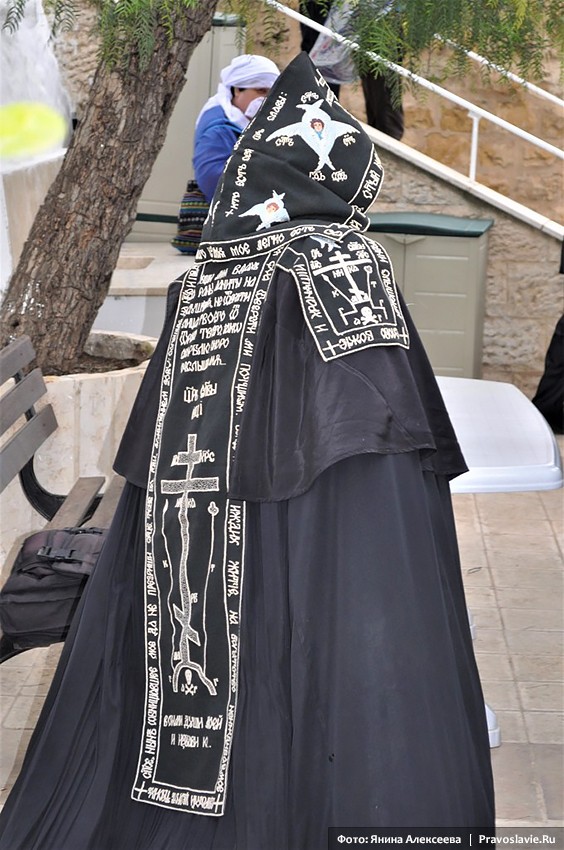
Gornensky Convent in Ein-Karem. The feast of the “Kiss of Mary, or the Coming of the Mother of God to the hill country of a city of Juda.”
Photo: Yanina Alexeyeva/Pravoslavie.ru
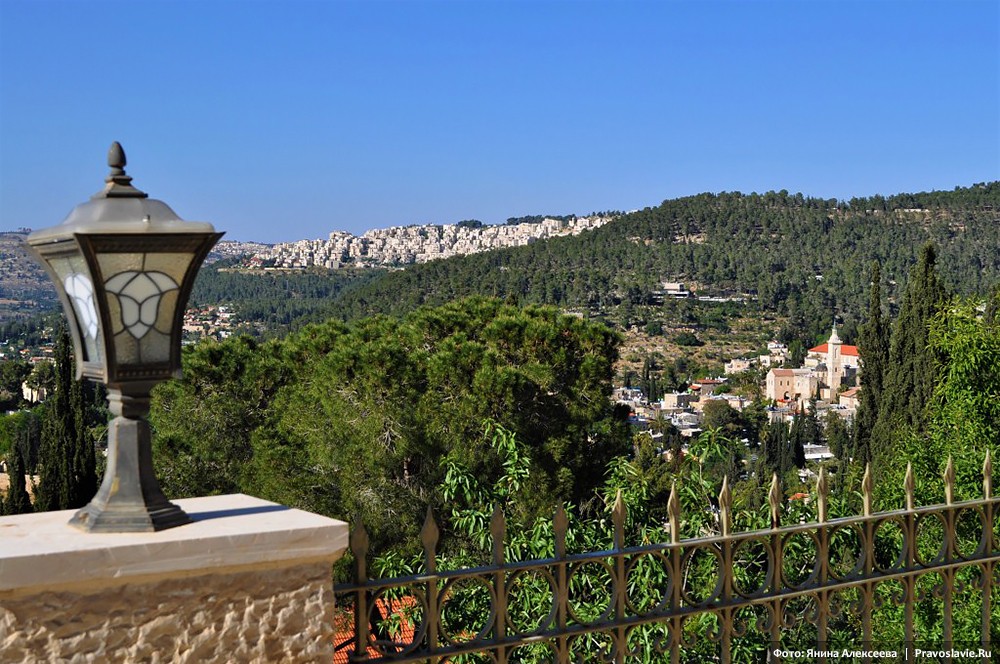
Gornensky Convent in Ein-Karem. View of Jerusalem from the Convent.
Photo: Yanina Alexeyeva/Pravoslavie.ru
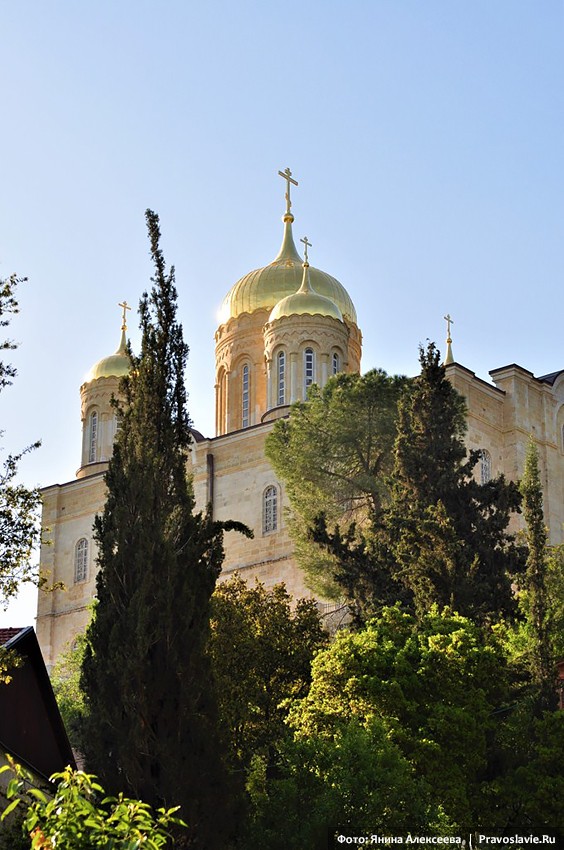
Gornensky Convent in Ein-Karem. Church of All Saints of the Russian Land.
Photo: Yanina Alexeyeva/Pravoslavie.ru
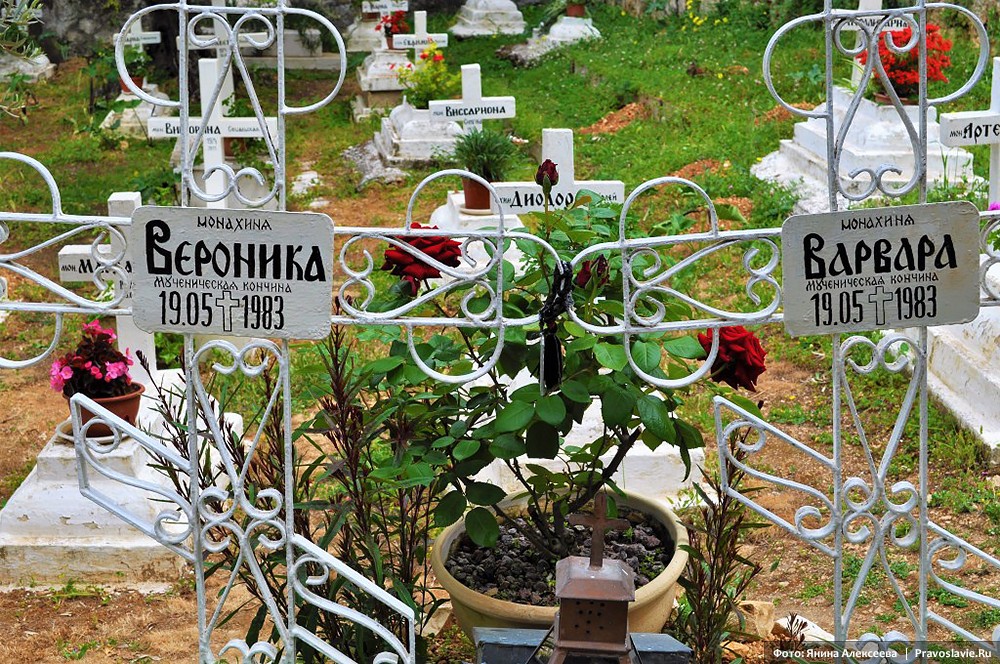
The graves of nuns Veronica and Barbara, mother and daughter martyrically murdered in the Convent at Ein-Karem.
Photo: Yanina Alexeyeva/Pravoslavie.ru
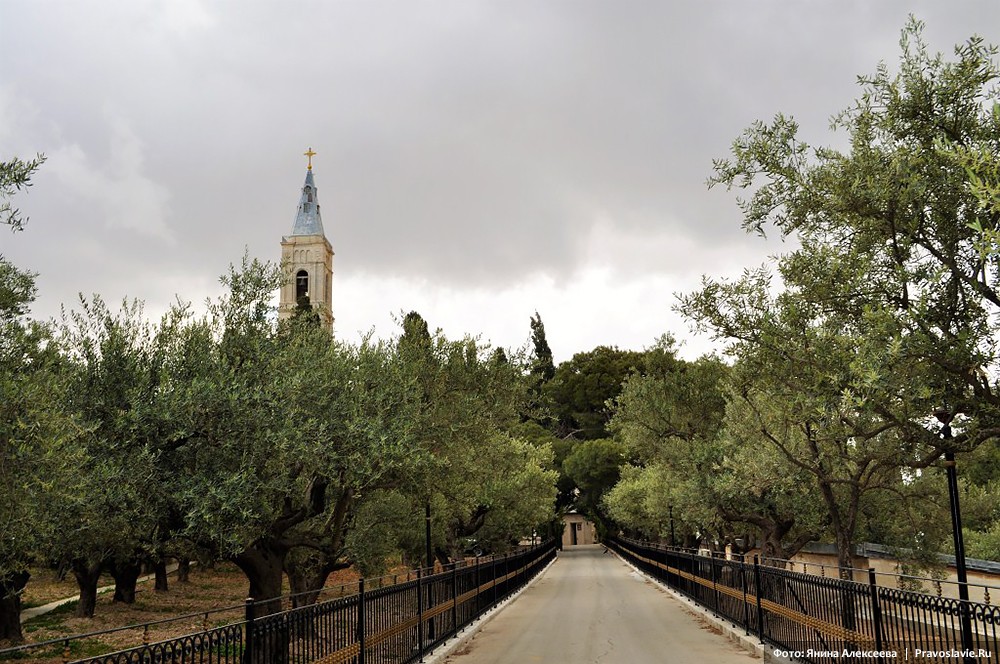
The Ascension of the Savior Monastery on the Mount of Olives (ROCOR).
Photo: Yanina Alexeyeva/Pravoslavie.ru
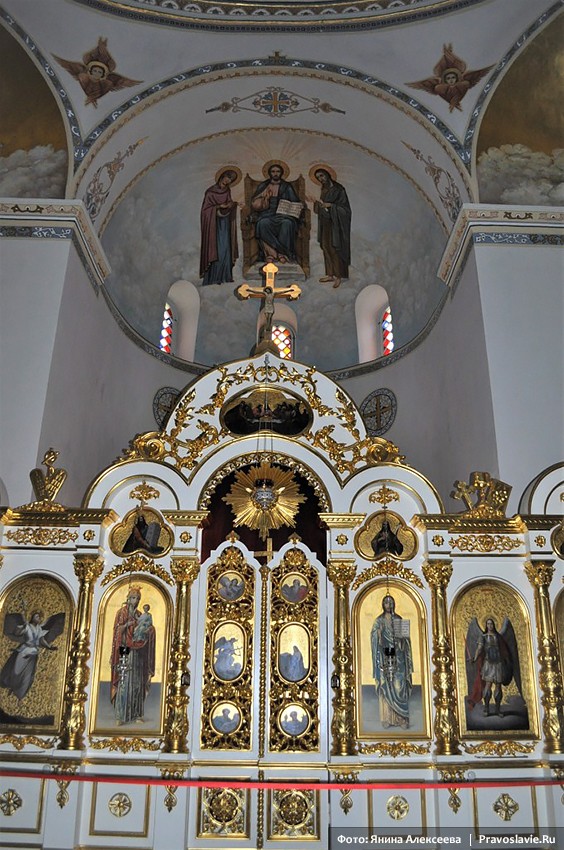
The iconostasis of the Ascension Monastery on the Mount of Olives.
Photo: Yanina Alexeyeva/Pravoslavie.ru
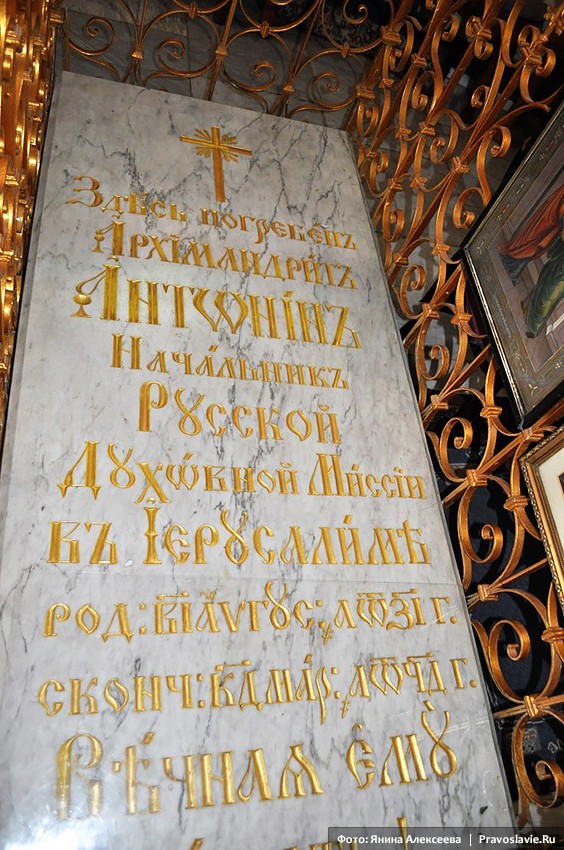
Marble slab over the burial place of Archimandrite Antonin (Kapustin) in the Ascension Cathedral of the Ascension Monastery.
Photo: Yanina Alexeyeva/Pravoslavie.ru
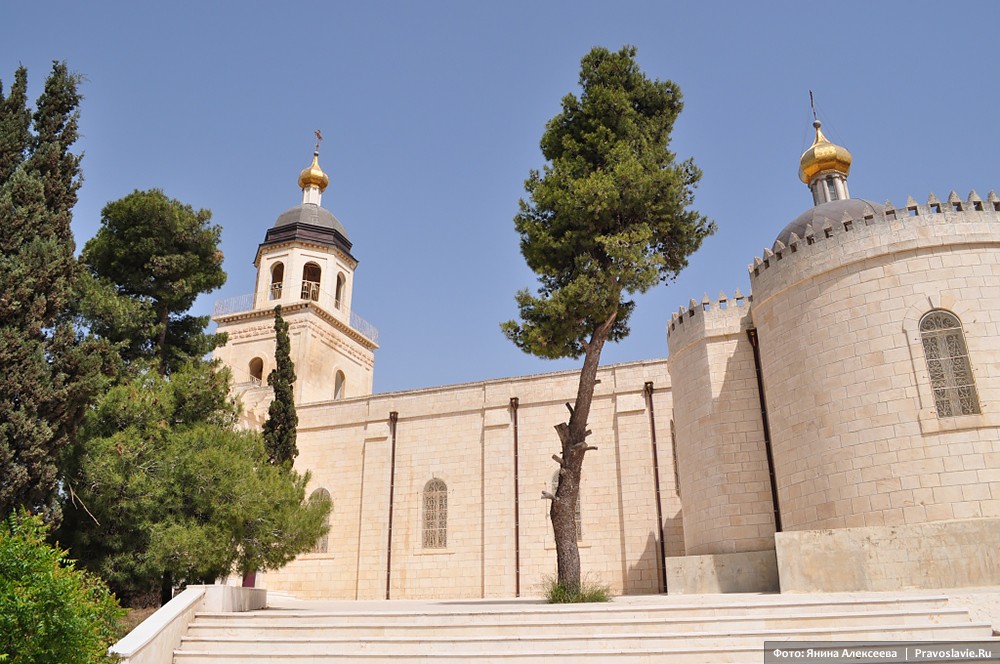
The metochion of the Russian Mission dedicated to the Holy Forefathers in Hebron.
Photo: Yanina Alexeyeva/Pravoslavie.ru
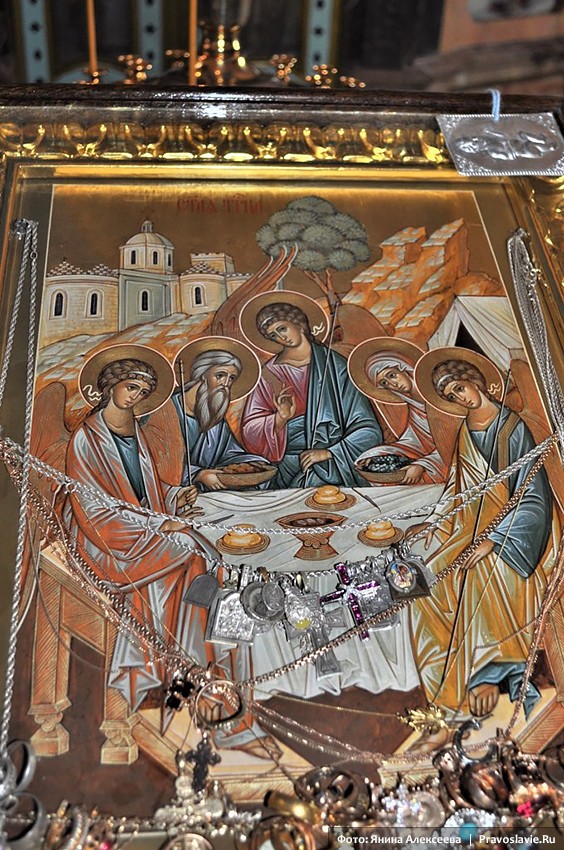
The metochion of the Russian Mission dedicated to the Holy Forefathers in Hebron. Icon of the “Visitation to the forefather Abraham by three angels”.
Photo: Yanina Alexeyeva/Pravoslavie.ru
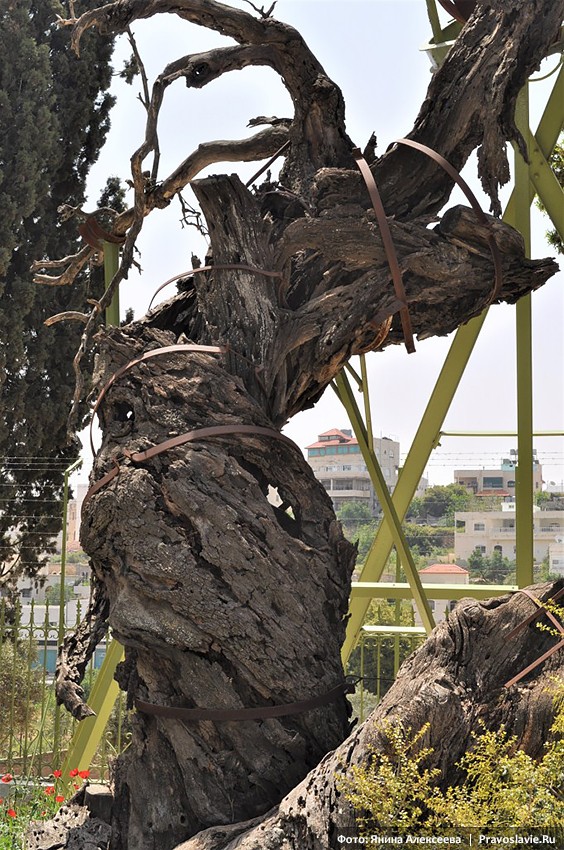
The metochion of the Russian Mission dedicated to the Holy Forefathers in Hebron. The Oak of Mamre.
Photo: Yanina Alexeyeva/Pravoslavie.ru
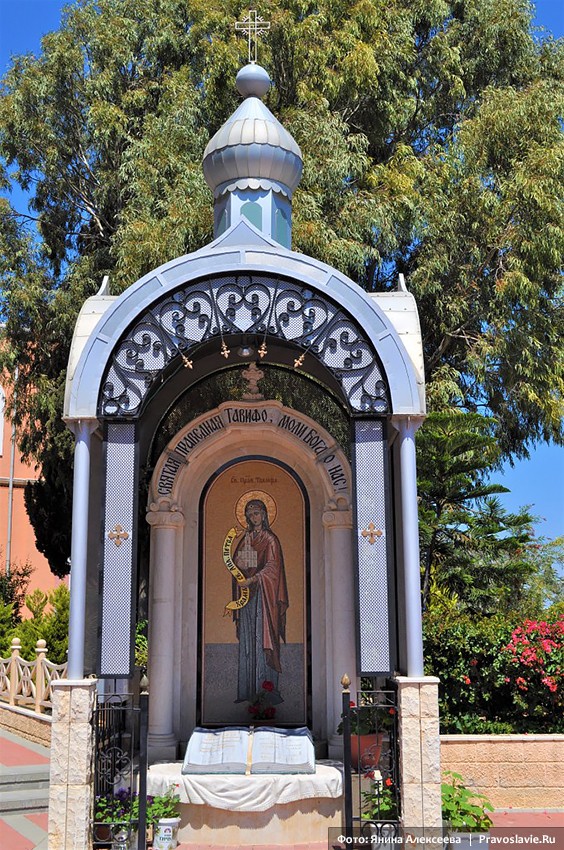
Metochion dedicated to the apostle Peter and Righteous Tabitha in Jaffa.
Photo: Yanina Alexeyeva/Pravoslavie.ru
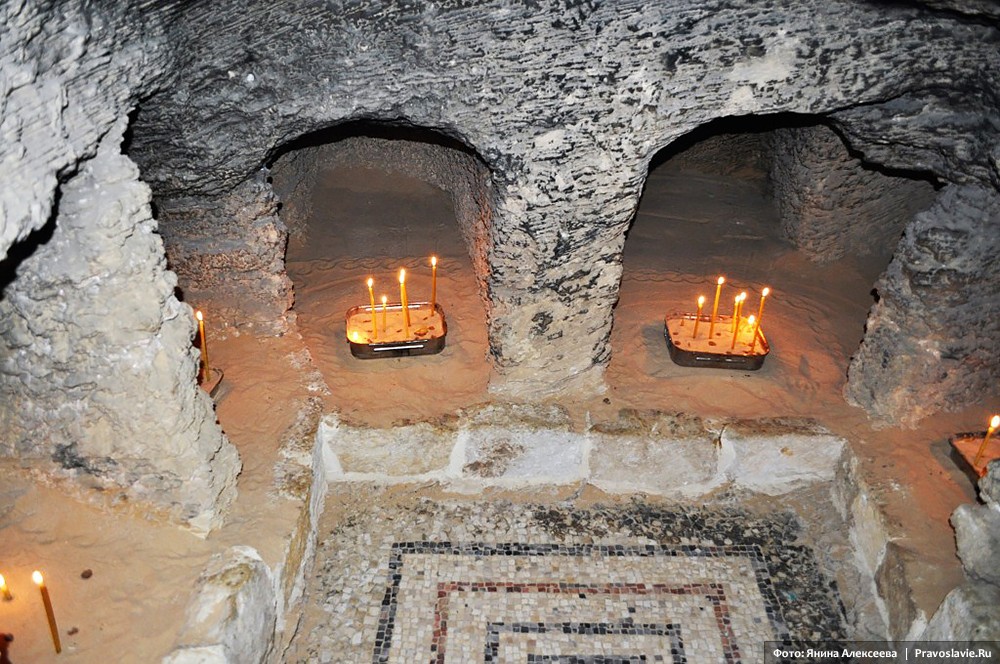
Metochion dedicated to the apostle Peter and Righteous Tabitha in Jaffa.
Photo: Yanina Alexeyeva/Pravoslavie.ru
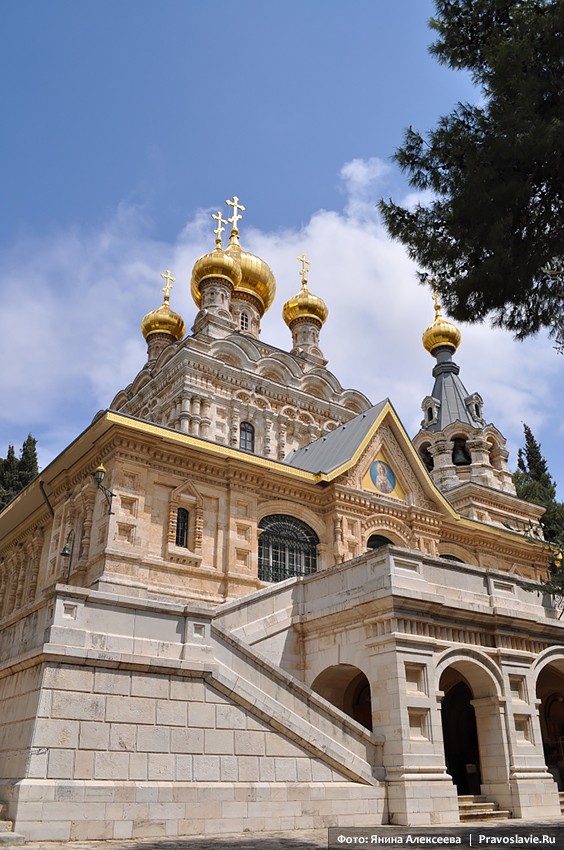
The Church of Holy Equal-to-the-Apostles Mary Magdalene in Gethsemane (ROCOR)
Photo: Yanina Alexeyeva/Pravoslavie.ru



